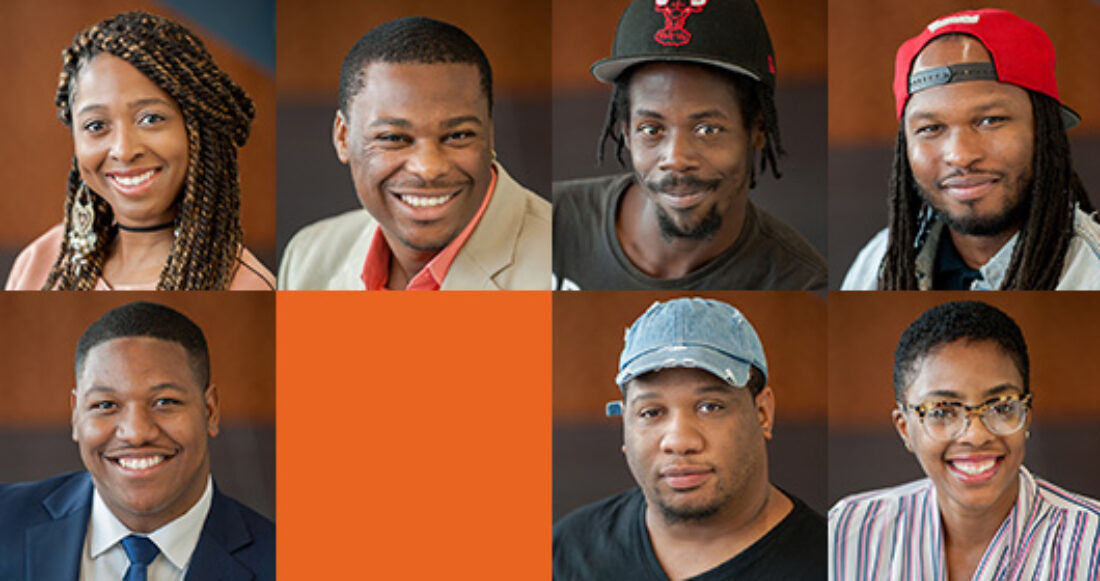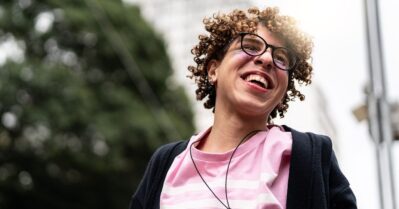Young People Help to Reshape Workforce Development in Baltimore

Photo credit: Marshall Clarke for the Casey Foundation
Young people in Baltimore desire rewarding careers that create opportunities for their families and communities. Yet, clear barriers — including a lack of information about viable prospects and support resources — stand in their path, according to a new report from the Annie E. Casey Foundation.
Reshaping Workforce Development in Baltimore relays the authentic experiences of young people in Casey’s hometown, where entrenched inequities have left thousands of local youth disconnected from education and employment opportunities (20% of youth are not working or in school).
To capture these voices, the Casey Foundation’s Baltimore Civic Site hired seven community leaders as consultants. This team customized engagement strategies for different areas of the city and hosted focus groups in trusted spaces to hear what young people had to say about their career goals and challenges.
During these conversations, young people in Baltimore described:
- wanting to work for a variety of reasons, such as saving for college, paying bills or gaining professional experience. For some, financial responsibility begins at a young age;
- an interest in an array of career fields — everything from cosmetology to mortuary science and cyber security;
- understanding the long-term benefits of education, but being limited by the immediate need to make money;
- craving entrepreneurship and resources to build businesses that will benefit their communities and are free from discrimination.
At the same time, participants reported facing substantial setbacks that prevented them from gaining a foothold in their chosen career field. They identified barriers to work that include:
- a shortage of information about jobs and job resources;
- unreliable phone and internet services;
- discrimination due to criminal records;
- a lack of transportation; and
- living and growing up in an unstable environment.
Focus group feedback also helped inform the report’s recommendations, with young people in Baltimore advocating for:
- wraparound services to mitigate participation barriers that young people face;
- enhancing the visibility of job opportunities — including training and placement resources — through social media, street signs and library materials;
- greater investment in and utilization of under-resourced community centers that are already serving young people;
- arming mentors who are already working in communities with information and resources;
- supporting entrepreneurship with an explicit focus on black, low-income youth and young adults;
- creating and identifying work opportunities for those with felony convictions and investing in advocacy efforts to change expungement policies and hiring practices; and
- engaging employers to improve perceptions of youth workers.
The Casey Foundation, local policymakers and several philanthropic and business partners have already begun putting this information to use. The consultant team’s findings are now informing workforce development and engagement strategies for citywide initiatives, including a newly created youth fund and also YouthWorks, a summer employment program for young people.





